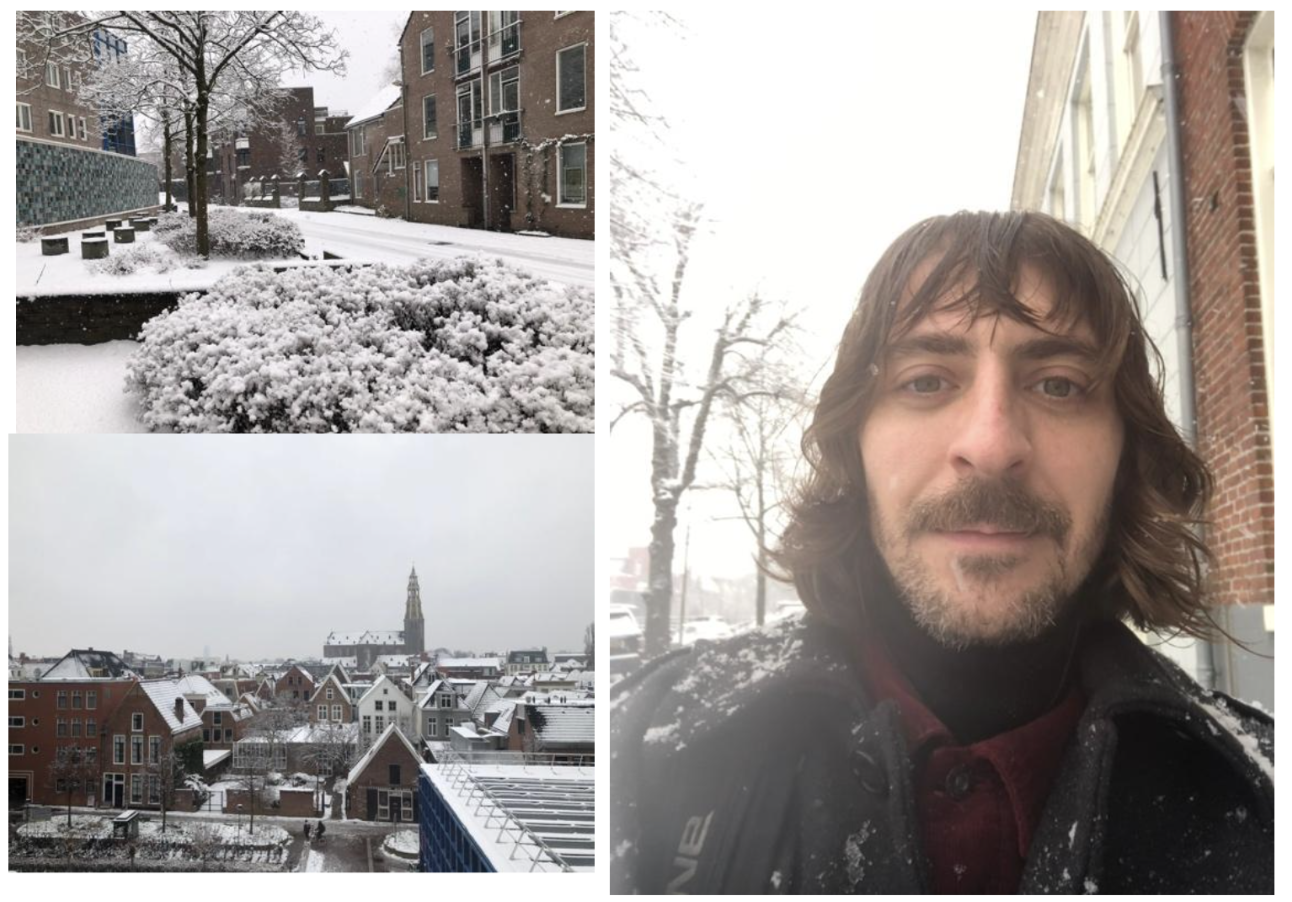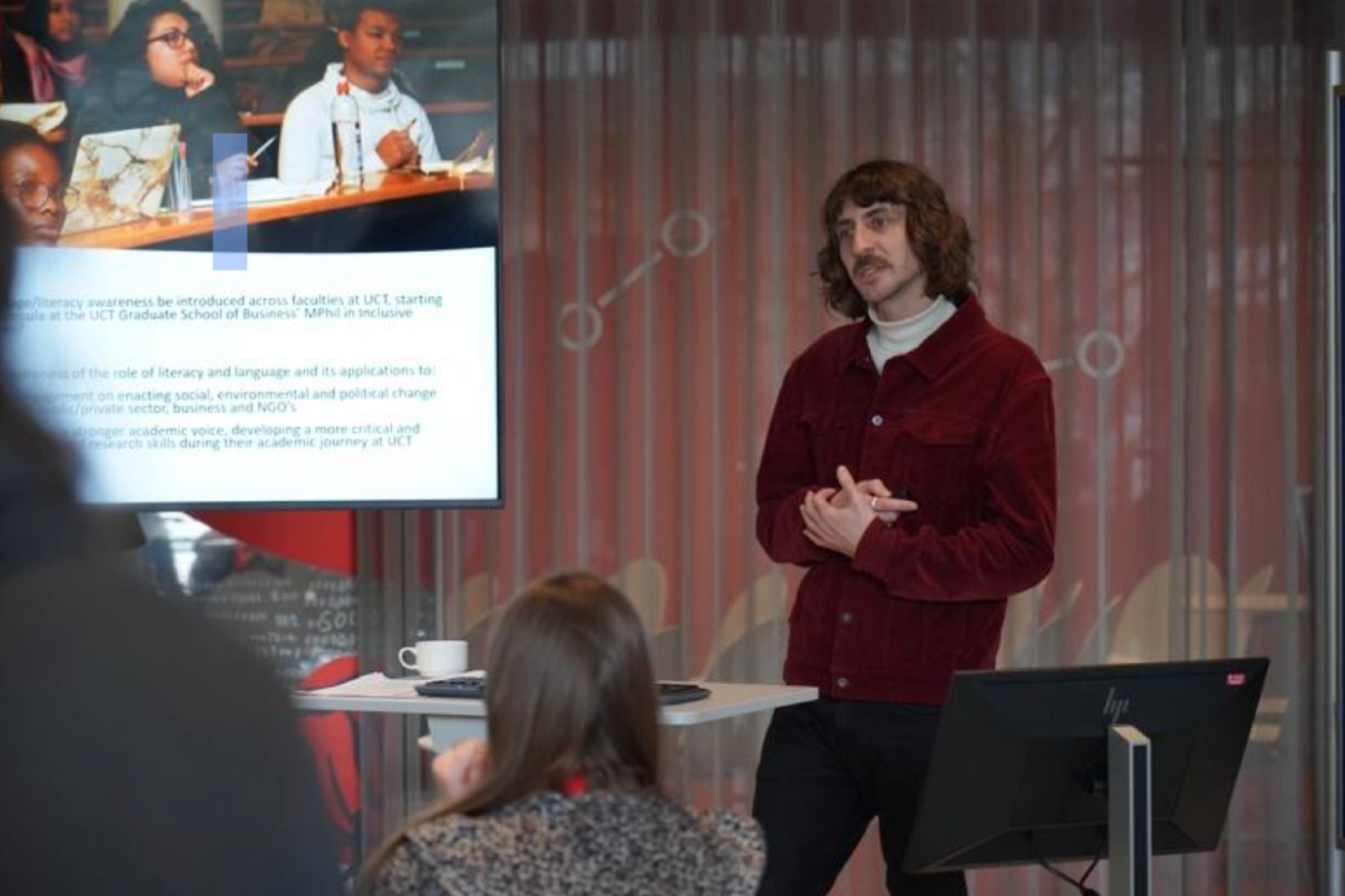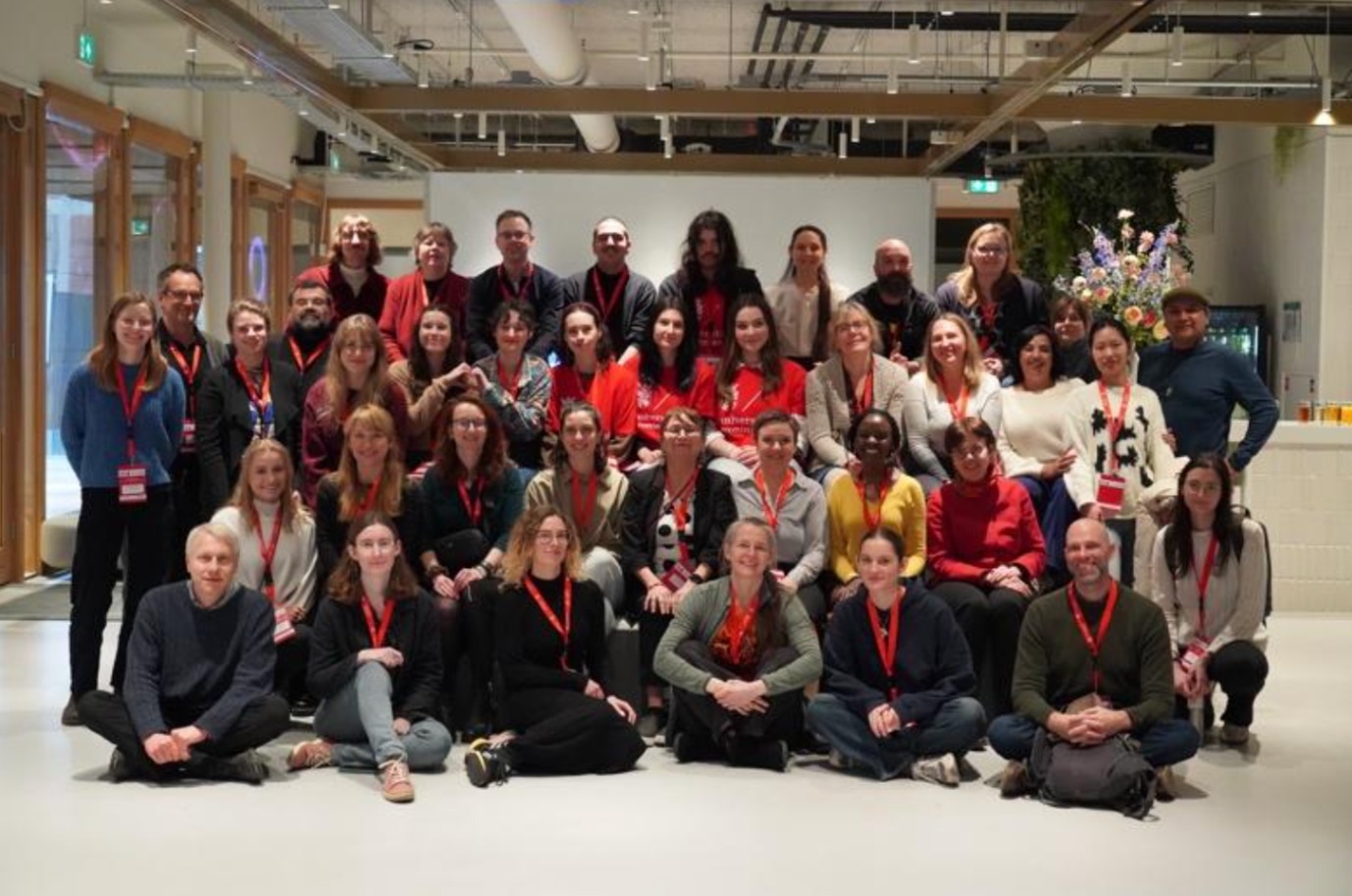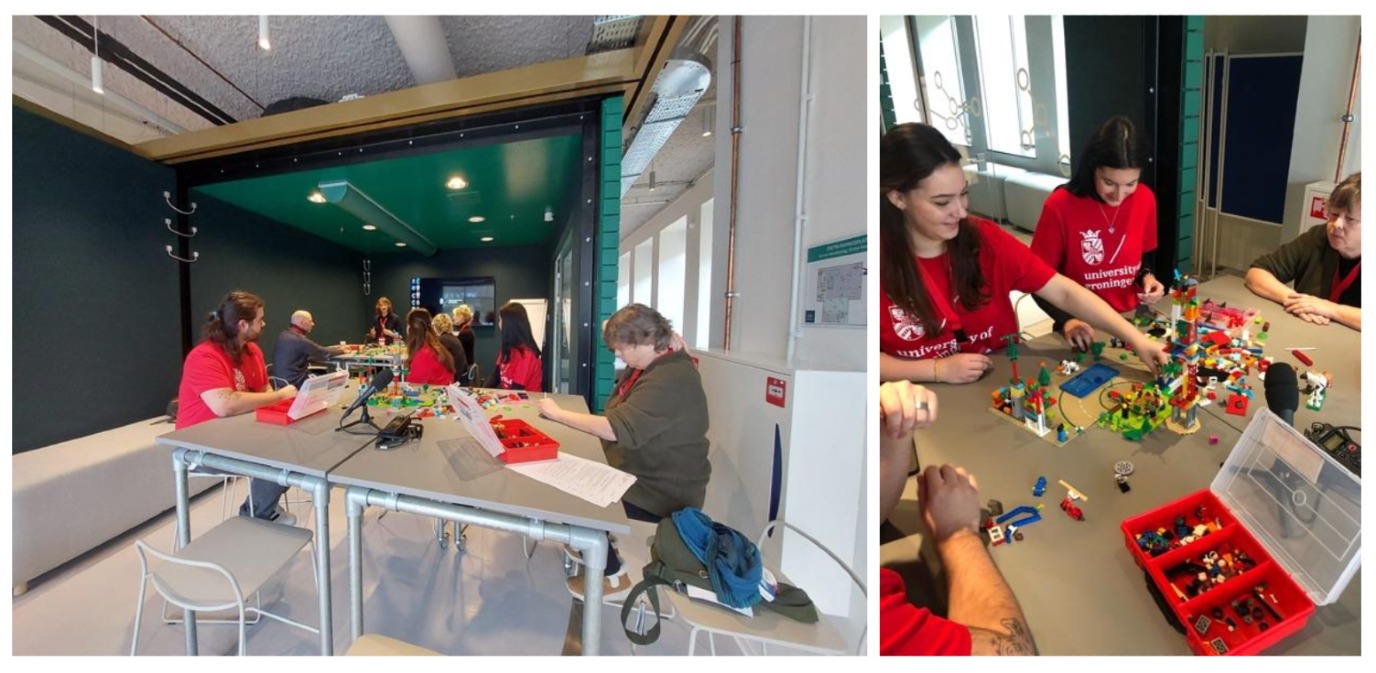Research Reflections: Orrie Staschen’s Visit to Groningen, February 2025

Orrie Staschen, a visiting scholar from Cape Town, has shared a thoughtful reflection on his February 2025 stay in Groningen, where he supported the writing of the CLA position paper for Frontiers and contributed to the CLADES Conference 2025 as both organiser and presenter in the field of critical literacy studies.
Text By: Orrie Staschen
“Reflecting on my wonderfully stimulating and productive month in the city of Groningen in February 2025, I would like to express my sincere gratitude and appreciation to the Rudolf Agricola School for Sustainable Development and the Sub-Saharan Africa Partial Travel Grant for this truly formative experience. During my stay, I was fortunate to spend time at the University of Groningen campus, form long-lasting connections with like-minded academics, attend their classes and engage in our shared field of interest, critical language awareness (CLA). The main aim of my stay was to facilitate and manage the writing and submission of the CLA position paper, titled Critical language awareness as future imperative: seeing the ‘water’. I was also able to assist in the preparation and running of the first CLADES Conference 2025, where I presented ongoing research in the field of critical literacy studies. My upcoming research study at the UCT Graduate School of Business in Cape Town has been largely informed by my stay in Groningen and the resources shared by fellow CLADES members.
On arrival, I was taken aback by the peaceful and calm atmosphere of the student town. I stayed within walking distance of the campus, spending my days strolling through the cobbled streets to and from Harmonie building, marveling at the historic architecture. Thanks to the Agricola School and Astrid Bakker’s organising, I was set up in a lovely hostel space close to everything I needed. It was during my stay that I was privileged to witness snow for the first time in my life, an experience I will never forget.
Colleagues at the Communication and Information Studies (CIS) department welcomed me into their classrooms. I was able to observe how they introduced concepts related to CLA, rhetoric, discourse analysis and linguistics to students, sharing invaluable insights and ideas. This confirmed the value of integrating these approaches at my own university, where a focus on language theory is traditionally relegated to the humanities.
Thanks to the drive and passion of Dr. Darics, the CLADES team and several like-minded academics came together to write a position paper on CLA theory and why language matters now more than ever. I was tasked with spearheading the writing and discussion sessions, with the aim of submitting the draft to Frontiers. This was a highly stimulating and rewarding experience, which taught me a range of invaluable social and academic skills.
The paper argues for CLA as a key competency to question and reshape language ethically. It draws on traditions like critical literacy, rhetoric, sociolinguistics, and ecolinguistics, highlighting CLA’s relevance across disciplines. By collaborating in this way, the position paper and my time in Groningen laid the foundation for future research in South Africa and strengthened ties between UCT and RUG. This is evident in my intended study in Cape Town, which I aim to present at the next annual CLADES conference.
Becoming a member of the CLADES project team and contributing to critical literacies studies in South Africa would not have been possible without this stay. The trip was timed to coincide with the first annual CLADES conference in Groningen. Having academics come together from around the world to discuss CLA theory cemented the main aims of the CLADES manifesto and provided a unique opportunity to network. I was privileged to assist in organizing the conference and felt a strong sense of belonging in a global academic community."


"I also helped run a workshop on defining “community” through ‘Lego® Serious Play®’. Participants envisioned their ideal communities and collaborated to build shared structures. This exercise encouraged different modes of expression and generated rich data for future research."

"I presented my own research on critical literacies and the socio-economic and educational issues in South Africa. I introduced my university, the UCT Writing Centre, and the broader challenges students face. The presentation also outlined critical literacies theory and its value in the South African context, focusing on my upcoming study aimed at business students. I shared my work alongside that of other seminal theorists with attendees.
In conclusion, my stay in Groningen allowed me to make meaningful academic connections, join the CLADES project, and develop key research and writing skills. I observed how CLA is being applied across disciplines, preparing students to interrogate narratives related to sustainability and justice. In South Africa, the value of CLA is not yet fully realised outside the humanities. Thanks to the generosity of the Rudolf Agricola School and the Sub-Saharan Africa travel grant, I can now promote CLA across faculties in South African higher education.”
More news
-
15 September 2025
Successful visit to the UG by Rector of Institut Teknologi Bandung

